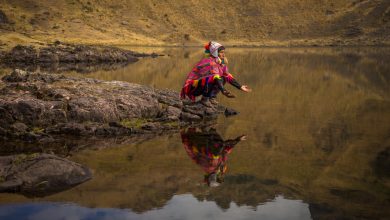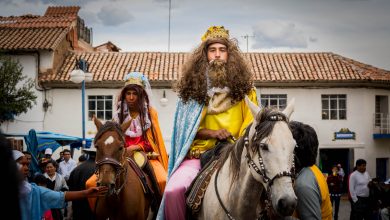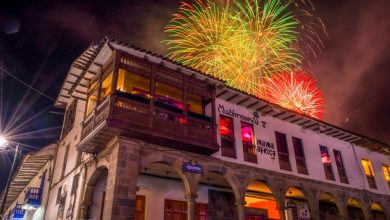Funeral Rites in Inca Times

Inca culture was characterized by its religious and magical beliefs where death and life were one. The being did not disappear but there was a trip to another life, to the world of the Huacas (sacred places).
The Incas believed that life continued after death. For this reason, they buried their deceased in fetal position and often inside a vessel that they themselves manufactured. This culture believed in reincarnation, therefore, they tried to recreate the maternal womb through the vessel in order to prepare the body of the deceased for a new birth.
According to the chronicles of Guaman Poma de Ayala, in the Inca period the preparation of the corpse for mummification required the deceased to be dressed in his best clothes, accompanied with products that he liked most in life. Then they would use embalming techniques and mummify their dead with special weavings. They then buried him in the midst of dances and chants with chicha and coca leaves.
According to the chronicler Bernabé Cobo: “On the death of the Inca, his mourners made great cries and ceremonies before they buried him … they celebrated these cries dancing to the sound of drums and singing sad and lamentable laments … they gave food and drink to all who came to these mortuary, relatives and friends of the dead … ”
Inside the Tombs they also placed objects of gold and silver, because gold for them represented the Sun, the Silver represented the Moon. For this reason, their temples were decorated with plaques of silver and gold. They did not know money. They made barter (exchange of products) instead. But, for the Spaniards gold and silver had a monetary value, so when they found out that inside the tombs they could find gold and silver, they destroyed and plundered many tombs.

Sacrifices were made to the embalmed bodies and great care was taken in their veneration.
According to the chronicle of Cieza de León: when an Inca died (the ruler, the king), the haraviks or poets, selected for their rhetorical skills, composed brief verses on the History of the Inca and all the relevant events of his reign and throughout the empire, whether they were good or bad, so when the Inca future was chanted, the people could know their past.
Although with the arrival of the Spaniards and the extirpation of idolatries, they would have tried to suppress the collective expressions linked to the ritual and the Andean beliefs, however, this was never complete, because until now, in one way or another, many of the funeral ceremonies and rituals have been preserved.




